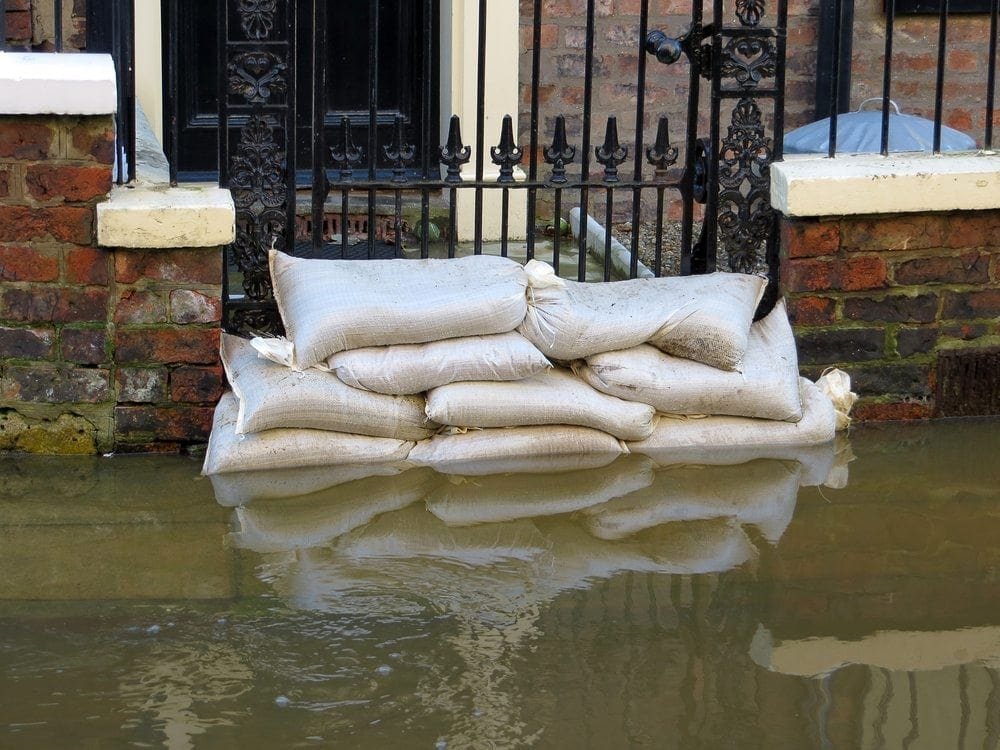Estimated at around one billion people worldwide, and with substantial assets and political influence, banks and businesses view the middle class as key to social order and economic growth.
Given the group’s size, spending power and dynamism, the erosion of middle-class wealth through climate change – as outlined in a new UBS report, Climate change: a risk to the global middle class – is being viewed as a threat to both economic and sociopolitical stability.
Cities under water – this is how coastal cities could look if climate change isn’t addressed
Middle-class consumption
To assess the impact of climate change on the middle class, UBS looked at middle-class consumption in 215 cities around the world and compared consumption patterns with the level of climate change risk in those cities.
The study found that in cities most at risk from climate change, such as Los Angeles, Tokyo and Shanghai, spending priorities are noticeably different, with the middle class spending between 0.6 and 0.8% more on housing when compared with the respective national average.
Insurance and natural disasters
Despite the increased threat of natural disasters, the global middle class is not well insured. In the US, which has the highest level of insurance penetration in the study sample, 32% of weather-related losses remain uninsured.
That means those without access to coverage are reliant on the safety net provided by the US government, which in turn has economic consequences for US taxpayers.
Between 2011 and 2013, the cost of US federal disaster relief for hurricanes, floods and droughts totalled $136 billion, equating to $400 annually per household.
In less developed and newly industrialised nations, the middle class is typically underinsured, with emerging markets showing very low insurance penetration relative to property value (0.12% for China and 0.07% for India).
Desperate times…
In 2000, nearly half of the global population of 6 billion people lived in cities; the United Nations expects this figure to rise to 60% by 2025. Such climate-driven population shifts have the potential to create and exacerbate conflict.
The US Department of Defense argues that in already volatile situations climate change can act as a ‘threat multiplier’, intensifying existent hostility and tensions.
For example, while news coverage focuses on Syrians fleeing war and economic collapse for Europe, the fact that Syria suffered an unprecedented drought from 2006 to 2011 is rarely mentioned.
Over the course of five years, Syria lost 85% of its livestock and saw crop production plummet, child malnutrition worsen and the subsequent migration of 1.5 million residents from rural to urban areas. These conditions led to protests, which ultimately escalated into civil war.
 Play Video about This Rock Might Just Save The World
Play Video about This Rock Might Just Save The World Play Video about Play 2 hours of rock
Play Video about Play 2 hours of rock Play Video about Play 2 hours of brook
Play Video about Play 2 hours of brook Play Video about Play 2 hours of sheep
Play Video about Play 2 hours of sheep











































